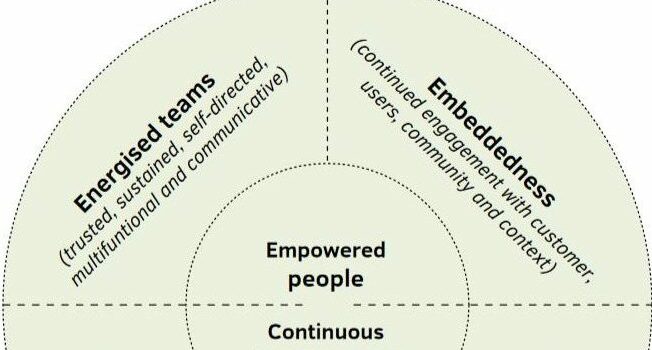Storytelling for advocacy is a challenge, especially in transparency work, where the characters are often lawyers—or laws—and not mythical heroes. As advocates who want to make a point to make a change, we need vivid imagery to deliver our message, especially because the changes we seek can be hard to explain.
We seek compelling stories the same way those heroes seek magic hammers and hidden temples. We’re on a quest for stories that can remake the world. But—spoiler alert—the quest often ends in disappointment.
single Category Archives transparency
When you’re an NGO technologist, you discover that every exciting technology plan comes with ‘small print’: caveats and contingencies that stand between your best case scenario and reality. A promising civictech tool runs up against scepticism that hobbles its impact, for example, or a new trove of government data gets released to find only a trickle of usage.
But to learn why tech succeeds or falls short in the governance context requires time and resources that NGOs don’t usually have. It takes research and reflection to understand that small print and delve into whether digital tools can foster better governance and greater participation—and, if so, under what conditions.
Good ideas are like baby birds. They poke their way into the world in fits and starts, feathers in disarray. But in time, they take flight. That's how it's been watching our tool for viewing oil and mining contracts emerge, waddle and take off over the past five years.
Even when the law requires corporations and governments to disclose the deals they make in the "extractive industries," the contracts that set the terms can remain hard to find and even harder to understand. As internet director for Revenue Watch Institute (now NRGI), and as strategy consultant to the Open Contracting Partnership and other allies, I've had a front row seat—and a few hours of game time—in the struggle to make these contracts literally and conceptually accessible.


